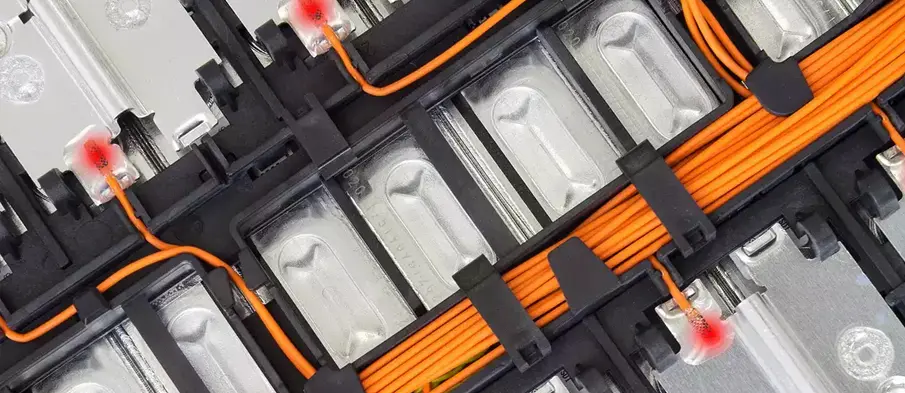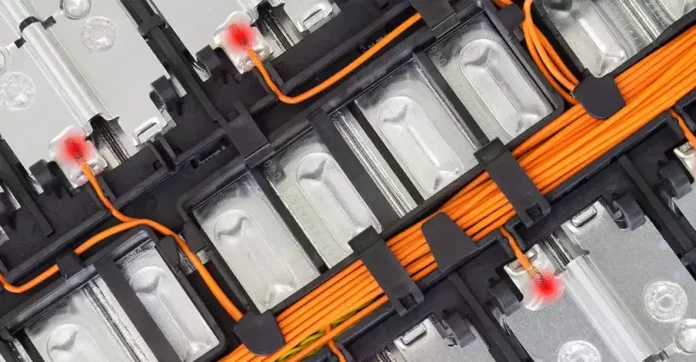
Electric Vehicles (EVs) are rapidly transforming the landscape of transportation in India, with their popularity and demand surging daily. This growing appetite for EVs has, in turn, driven a sharp increase in the demand for lithium-ion batteries, which are crucial to powering these revolutionary vehicles. These batteries store the electrical energy required to drive an EV’s electric motor, enabling a smooth and efficient driving experience. The production of lithium-ion batteries depends on essential minerals like lithium and cobalt, which are critical for the creation of these cells. Lithium is valued for its high energy storage capacity and lightweight properties, while cobalt is essential for stabilizing the battery and enhancing its overall performance.
However, the limited domestic availability of these key raw materials, combined with the high cost of importing them, has significantly hindered the local production of lithium-ion cells in India. As a result, the country has become heavily reliant on imports, with nearly 70% of its lithium-ion cell needs being met by imports from China and Hong Kong. The high cost of importing these cells has made EV batteries expensive, contributing to the overall high cost of EVs in the Indian market. This cost burden ultimately falls on consumers, making EVs less affordable and discouraging many potential buyers from making the switch to electric vehicles—a significant barrier to the industry’s growth.
The Union Budget 2024-25 has brought a much-needed boost to the industry. A major highlight of the Budget is the complete waiver of customs duties on 25 critical minerals, including lithium and cobalt. This strategic move by the Indian government is expected to significantly enhance the local manufacturing of lithium-ion cells, which will in turn drive the production of high-performance batteries in the country. The decision has been widely praised by industry stakeholders as it aligns with the ‘Make In India’ initiative and supports the push for self-reliance in the EV sector.
This shift toward domestic manufacturing of lithium-ion cells will enable companies to reduce import costs, resulting in cost savings that can be passed on to consumers. Essentially, the reduced cost of importing lithium and cobalt will lower the price of EV batteries, which will further decrease the overall cost of EVs in India. This development addresses the long-standing issue of high upfront costs associated with EVs, making them a more attractive option for Indian consumers.
Moreover, the lower cost of EVs is expected to drive higher adoption rates of these eco-friendly vehicles across the country. This would help India move closer to its ambitious target of electrifying 30% of the vehicle fleet by 2030. With more EVs on the road, greenhouse gas emissions would decrease, leading to cleaner air and a healthier environment. Therefore, the Budget announcement not only supports the growth of the EV industry but also reinforces India’s commitment to sustainable mobility solutions.
Producing lithium-ion cells locally will also enhance the supply chain resilience of the EV industry. By reducing dependence on foreign supplies, India can become more self-sufficient, making the EV market more stable and less vulnerable to global disruptions. Additionally, this move is likely to spur innovation and technological advancements within the industry. Indian EV manufacturers could collaborate with research institutions to develop new and improved battery technologies, ensuring better safety, efficiency, and performance.
The Indian government has consistently demonstrated its commitment to boosting cell manufacturing and battery production within the country through various initiatives and focused schemes. Several companies have already begun setting up lithium-ion battery manufacturing units in India, and many others have announced significant investment plans in this area. The recent customs duty exemption is a positive development that will further enable these industry players to expand their efforts more cost-effectively.
In conclusion, the customs duty exemption on lithium and cobalt is a crucial catalyst for the EV industry’s growth. Beyond supporting the expansion of the EV market, this policy has the potential to stimulate the local economy by creating jobs and attracting investments in the manufacturing sector. As EV demand continues to rise, the need for lithium-ion batteries is expected to surge. According to a report, India’s demand for Li-ion batteries is projected to reach 20 GWh by 2026 and 70 GWh by 2030. Industry experts are optimistic that this increased demand can be met domestically, marking a significant milestone for the Indian EV industry.





